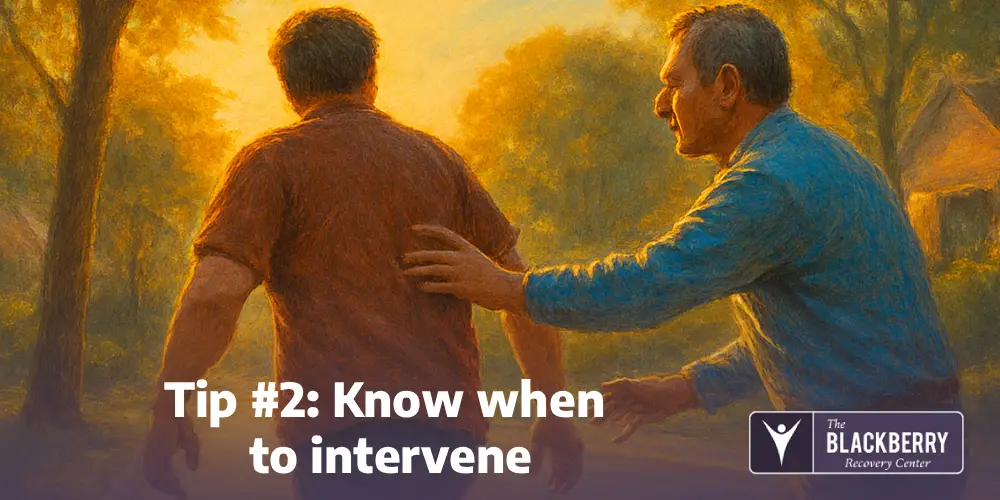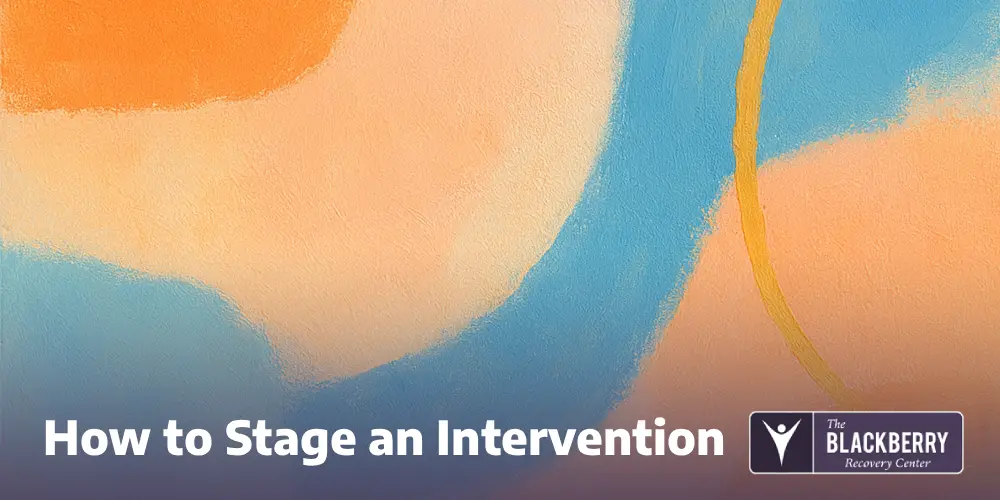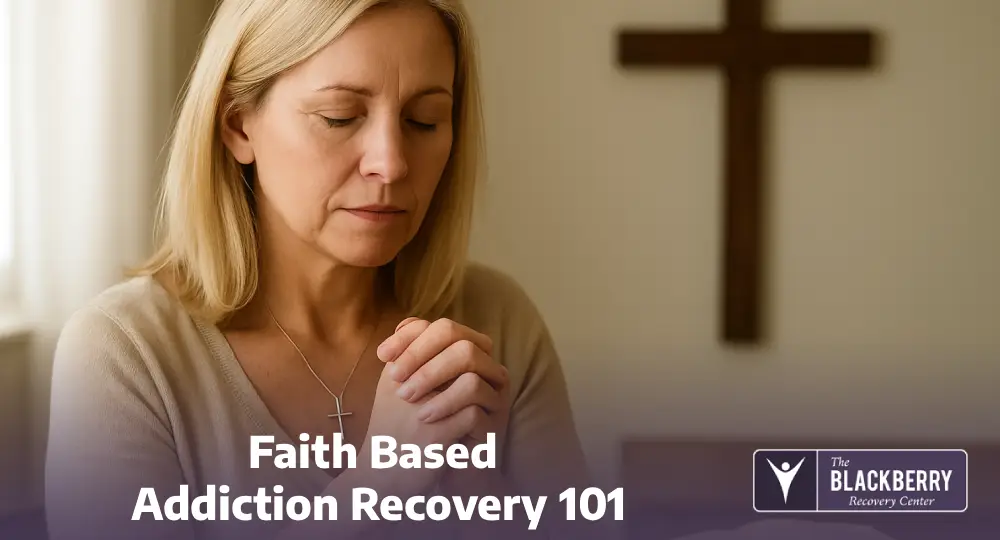Interventions allow close friends, family and loved ones to take a stand in the battle against addiction. They are one of the more common ways to effectively and proactively reach out to someone who is abusing drug, alcohol or other vices. We know it can be challenging to put this approach in action. Let’s go over the basics of how to stage an intervention so you can help your loved one begin the road to long term recovery.
Interventions 101
Interventions are designed to open the eyes of those struggling with drug abuse or alcohol abuse. They spark change. As a loved one, you want him or her to recognize how addiction has impacted his life. You also want him to recognize the struggle and pain his addiction has caused you.
When you leave your intervention, it is your hope that your loved one will enter an addiction recovery program. This will likely be a challenge. Your loved one may have a difficult time admitting to his addiction. Or she may become combative and be unwilling to seek help. Planning ahead is the key to a successful intervention.
Follow these tips to ensure your loved one has the proper support:
Tip #1: Come from a place of love

Tip #1: Come from a place of love
By showing love toward the person who needs help, you, family members and friends can gently nudge them in the right direction toward treatment. Our behavior—and our addictions—are “influenced greatly by the context or environment in which many of our decisions are taken.” It’s crucial to your loved one’s recovery journey to provide him with a supportive environment.
Staging an intervention in such an environment includes:
- ensuring your loved one does not feel overwhelmed or attacked
- asking your loved one to come to terms with addiction
- avoiding accusatory or judgmental remarks
- coming from a place of love and understanding
- pre-planning treatment program options
- noting specific consequences of saying no to treatment
Tip #2: Know when to intervene

Tip #2: Know when to intervene
Knowing exactly when to perform an intervention can be tricky. You want to reach out as soon as you notice your loved one’s drug and alcohol addiction, but you may struggle with recognizing the signs of addiction.
Look for signs such as:
- changes in mood or behavior
- shift in motivation at work, at home or with loved ones
- lack of personal hygiene
- slurred speech
- change in day-to-day routine
- bloodshot eyes
- frequent bloody noses
- twitches and tremors
- sudden financial woes
Once you recognize the addiction, it’s important you take the time to plan before you act.
Tip #3: Cover all your bases

Tip #3: Cover all your bases
Planning carefully is key. By staging an intervention for a loved one, you are helping her take the first step toward lifelong recovery. Remember to:
- ensure a core group of three to five loved ones are present
- choose somewhere that is inviting, welcoming and private
- arrange seating and speaking order
- rehearse the intervention with your core group so everyone knows what to expect
- confirm a bed is available at the recovery center before your loved one arrives to the intervention
- present as a united front
- have each member of your core group write a letter to your loved one that calmly describes how the addiction hurts him as well as the letter writer
- have each member read their letter out loud to your loved one and include consequences she will face by not entering treatment
- anticipate how your loved one will respond to each letter and have responses prepared
- keep the environment positive and focused
- ask your loved one to seek treatment immediately
- seek the support of an intervention specialist
If your loved one is ready to enter treatment, help him pack his things and make travel arrangements to the treatment facility.
If your loved one is not ready to enter treatment, it’s important to follow through with the consequences read aloud.
Helping to change the life of an addicted person is one of the kindest and bravest things you can do. It will be undoubtedly be an emotional and exhausting event. But your intervention can give your loved one a second chance at life and freedom. Support groups are available to help you manage your mental and emotional health related to your loved one’s addiction.
FAQ
- What is an intervention and when might one be needed?
An intervention is a carefully planned, supportive meeting where friends and family express concern to someone struggling with addiction to motivate them toward professional help. It’s usually considered when one-on-one conversations haven’t worked and the person is still in denial - Do I need a professional interventionist to lead the process?
While not required, it’s highly recommended. Professionals help structure the event, guide the group, and keep the focus on support rather than emotion or blame - Who should participate in the intervention team?
Limit the group to close loved ones who have a positive relationship with the person—and ideally someone the person trusts. Including too many people or those likely to become confrontational can derail the process - What are the key steps to prepare for an intervention?
Here’s a solid process:
Step 1: Consult a professional
Step 2: Form a small intervention team
Step 3: Plan location, time, and structure
Step 4: Research treatment options and gather info
Step 5: Write personal, honest impact statements
Step 6: Rehearse the meeting to stay focused
Step 7: Offer clear support and consequences
Step 8: Follow up regardless of outcome - What should I avoid saying or doing during the intervention?
Avoid labels like “addict” or “alcoholic” — instead use neutral, non-judgmental language
Don’t include too many attendees—keep it intimate
Avoid confrontational or emotionally charged comments—focus on love, facts, and support




